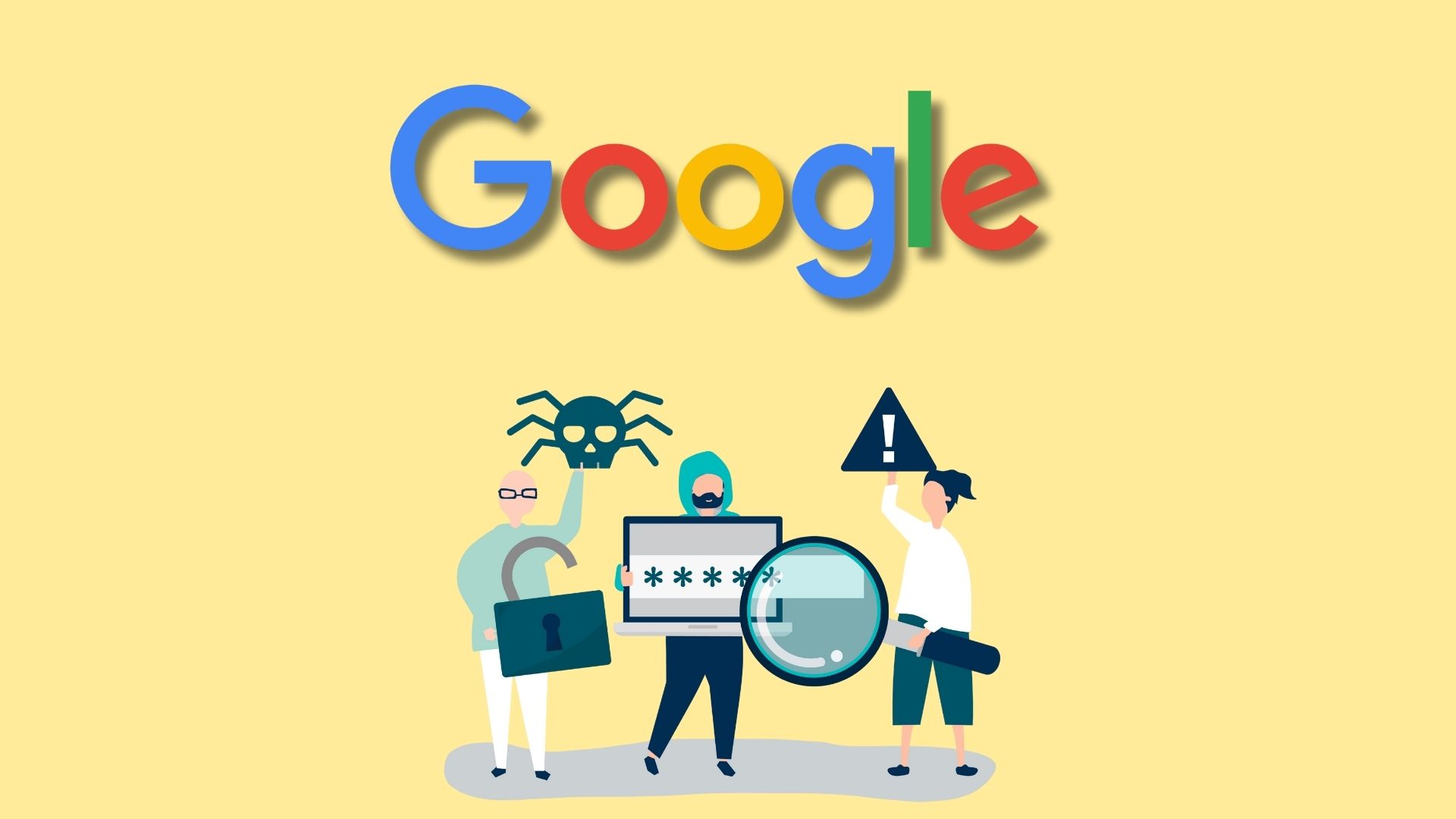Africa’s latest digital summit in Cotonou presented a growing concern. Coverage has expanded across West and Central Africa, yet adoption remains stubbornly low. Nearly two-thirds of Africans remain offline, despite most already living in areas with mobile networks.
Senior figures at the World Bank argued that the continent now faces an inclusion challenge rather than an infrastructure gap, as many households weigh daily necessities against the cost of connectivity.
Affordability has become the dominant barrier. Mobile Internet often consumes more than twice the global threshold for acceptable pricing, while fixed broadband can account for a striking share of monthly income. Devices remain expensive, and digital literacy is far from widespread.
Women, in particular, lag, and many rural communities lack the necessary skills to utilise essential digital services. Concerns also extend to businesses that struggle to train staff for digital tools and emerging AI solutions.
Policymakers now argue for a shift in strategy. The World Bank intends to prioritise digital public goods such as digital identification, electronic payments and interoperable platforms, believing that valuable services will encourage people to go online.
Governments hope that a stronger ecosystem will make online health, connected agriculture and digital learning more accessible and therefore more valuable.
Benin used the summit to highlight its advances in online administration and training programmes. Regional leaders also called for the creation of an African Single Digital Market that would lower access costs, encourage cross-border investment and harmonise regulations.
Officials insisted that a unified approach could accelerate development and equip African workers with the skills required for the digital jobs expected to expand by the end of the decade.
Would you like to learn more about AI, tech and digital diplomacy? If so, ask our Diplo chatbot!










